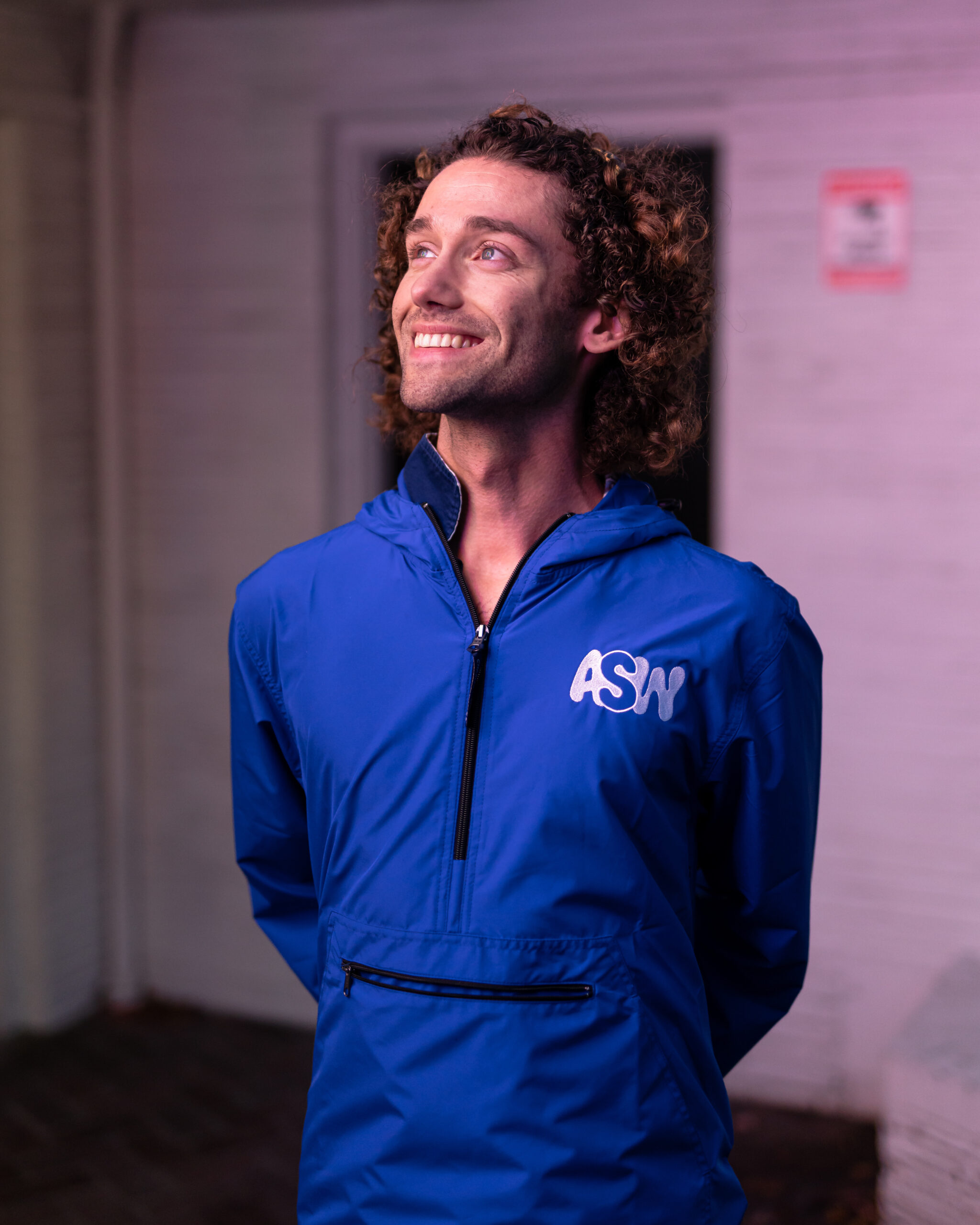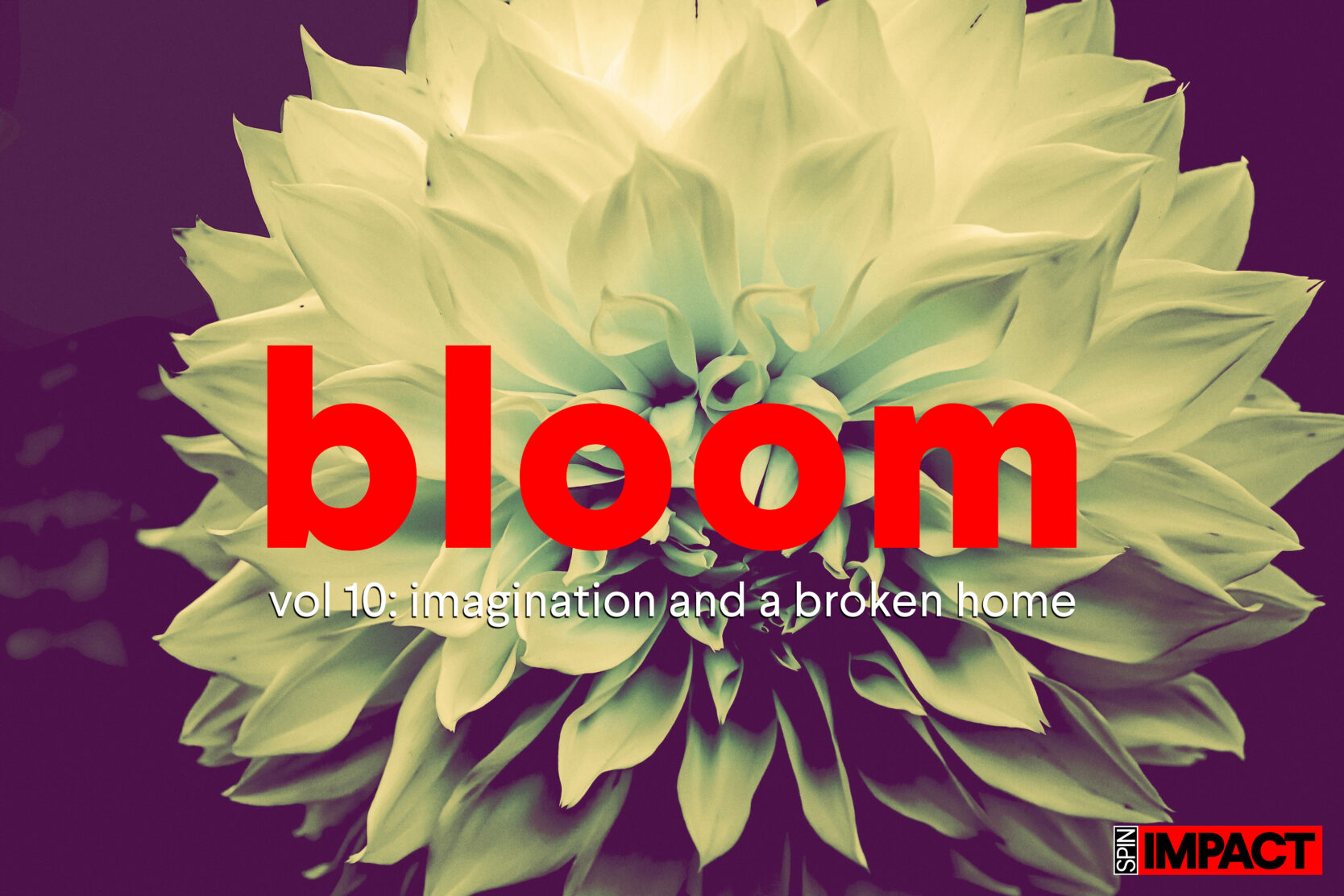Time passed so seamlessly when I was young.
I had a wild fascination with trains. You’d walk into my room and see a Thomas the Tank Engine bedsheet set, train toys scattered about the floor.
I would bring their world to life every day, hours passing by faster than the whirling train cars around my room.
I can remember my joy; nothing else seemed to matter.
One of the most powerful things I’ve ever possessed is the power of imagination. I knew how to love myself through projections that helped define a more loving reality to reside in.
I had a sea of possibilities swimming within my head that I could dive into at any second. My dreams became bolder and more encapsulating, compensating for the instability around me.
Toy train cars were not the only thing colliding at the time. I was the product of a broken home.
In the United States, 50% of children will experience the end of their parent’s marriage.
There is a rating system known as “ACE.” ACEs, Acute Childhood Experiences, are traumatic events that occur before a child reaches the age of 18. ACEs include abuse and neglect, such as parental substance use, incarceration, and domestic violence.
Little did I know that points were going up on the ACE Scoreboard like Michael Jordan had taken the ball with the defense on him for a quarter.
My upbringing fostered a sense of uncontrollable division and fear of upheaval. It altered my relational perspective of the relationship between the self and others. A duality between nurture and neglect.
Peering into our history we can understand some of the reasons why we may struggle at times to value ourselves. If you’re catching yourself weighing life solely on all that lies outside of you, weary of your worthiness, invite yourself into your own personal library and pick up the books with dust on them. A sense of what was can steer us away from burnout by giving attention to the magic that is within us.
Do you know where your doubts began and your imagination faltered?
Leonardo Da Vinci faced the human condition — that is, self-doubt. Known for the “Mona Lisa” and “The Last Supper,” it was revealed in a New Yorker article that, like the rest of us, Da Vinci also experienced self-doubt, procrastination, and esteem issues. Da Vinci was known for abandoning and never finishing specific projects, and he was also very hard on himself. A line from one of his diaries read: “Tell me if I ever did a thing.” (Entrepenuer.com)
Self-doubt happens – it is understandable, valid, and seen. Self-doubt is a labyrinth of confusion happy to draw you in. It is a byproduct of losing touch with our worth. What can we do when self-doubt strikes?
I recently listened to a podcast called Ten Percent Happier with Dan Harris, and its guest Ron Siegal discussed how self gratitude can play a role in easing these doubts of worth. Speaking to yourself kindly, gently, giving yourself a pat on the back. Reminding yourself that you are welcome in your skin. Crashes and falls in the human condition are natural, they will happen; we must allow ourselves to be human and treat ourselves with self-compassion.
It’s not selfish to be your own cheerleader.
Once we have calmed ourselves, given ourselves a hug, we can sit with the moment of doubt, and trace where it is coming from on a deeper level. Recognize it, and give it a name. You may be in your mid-thirties now, but that doesn’t change when some challenges started in your life. If we run from them, we’ll never know how to work with them.
Charting a course through our memories gets us past internal blocks. We can find that child within us, to help us find a doorway to our imagination to help us restructure ourselves.
Life today leaves us less time to explore our playing states freely – our child ego state that was untouched by the calamity of years. Past our origin stories our lives as adults as so demanding – and with information in our pocket, it’s so easy to neglect our imaginations and seek distraction from entertainment or a doom scroll. Culture, society, professional life; there is a myriad of variables and influences in our day-to-day that can take us away from appreciating the fact that we are beautiful by just being and the rewarding jubulence of the child state.
If you ever feel a lack of love for yourself, recall self-compassion, recall the grace you’d lend to others when shaken and wrap a blanket around your own heart.
Let’s normalize conversations surrounding our past. It helps us see that we are valuable. Pin pointing the moments that took us outside of ourselves and connected our worth to others liberates us, and makes space for our imagination to bloom once again. Let us be kind and gentle to ourselves on this road – and above all, remember to play.
Our imaginations are a wellspring of self-affirmation that never leave us.
About the Author

A dance music producer, singer, and songwriter, Alex Wagner (known by his music project ASW), was called an emerging artist to watch by DJ Mag in September of 2021. Currently signed to Tommie Sunshine’s Brooklyn Fire Records, he has also had multiple releases on Atlantic Records, remixing artists such as Galantis.
As a crisis counselor for Crisis Text Line and certified peer counselor with the state of Washington, he has organized multiple mental health awareness events leveraging the power of music and the arts. He is launching his company Grooving for Good this year. He currently resides in Seattle, Washington. You can follow him on Instagram at @asinglewave.





